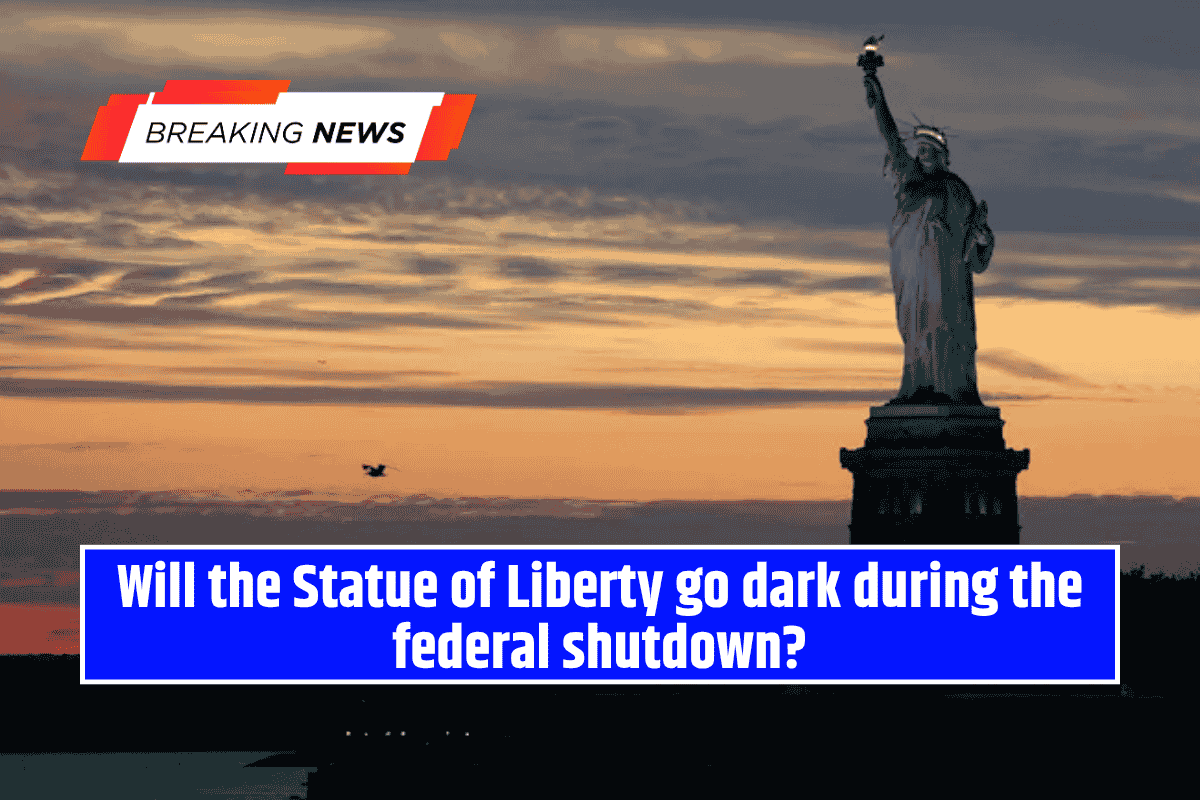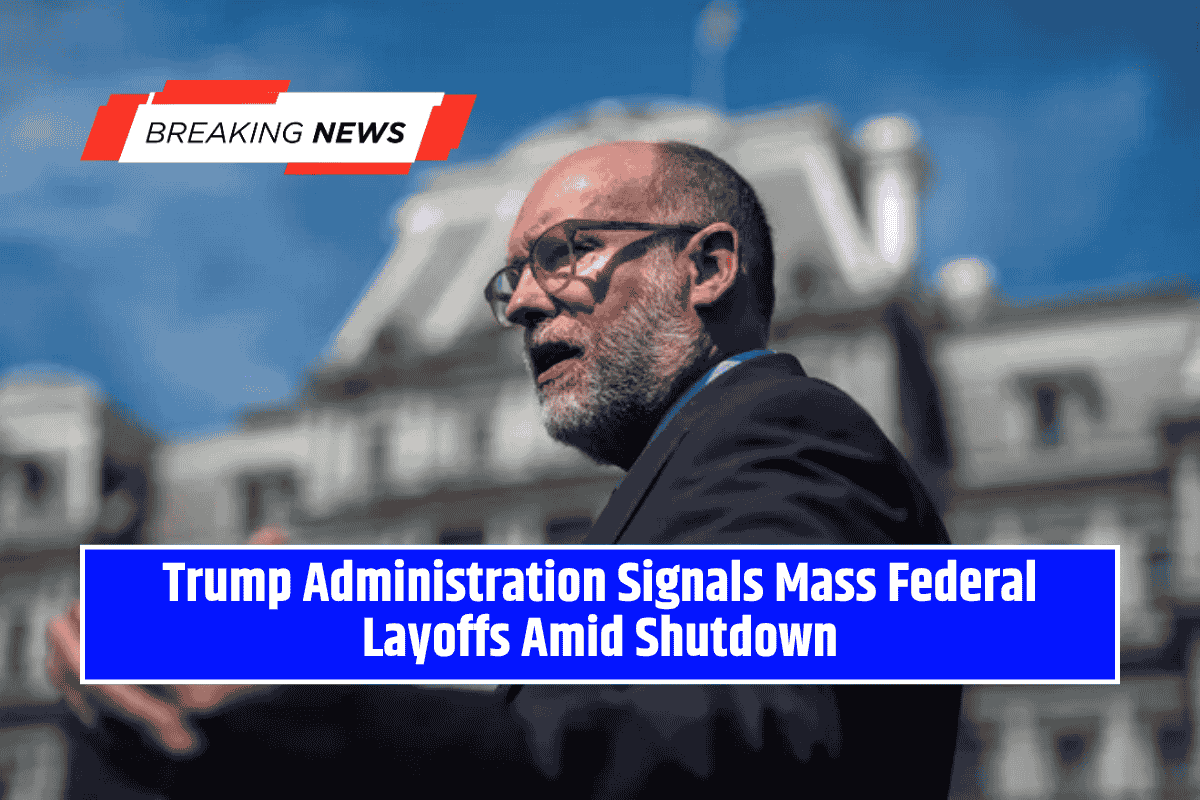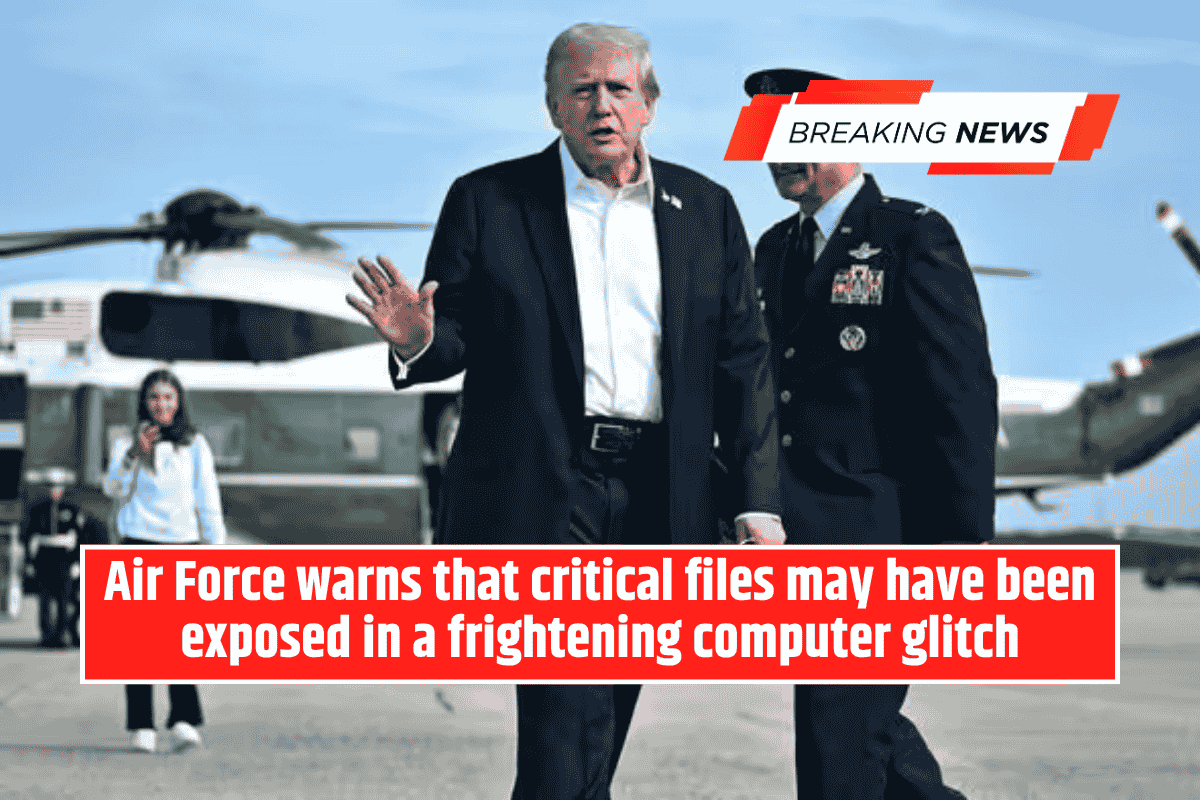FBI Director Kash Patel declared on October 1 that the bureau would end its long-standing partnership with the Anti-Defamation League (ADL).
Patel criticized former FBI Director James Comey for his supportive relationship with the organization, alleging that Comey “embedded FBI agents” with the ADL and wrote what he described as “love letters” to the group.
Patel also accused the ADL of spying on Americans, though he did not provide evidence.
ADL’s Response
The Anti-Defamation League, a century-old Jewish advocacy group that describes itself as the “leading anti-hate organization in the world,” expressed disappointment but refrained from escalating the conflict.
In a public statement, the ADL reaffirmed its respect for the FBI and its mission, while highlighting its commitment to combating antisemitism amid what it called an “unprecedented surge.”
Historical Context of FBI–ADL Relations
The ADL has long worked with federal authorities on hate crime prevention and extremism monitoring.
In 2014, James Comey spoke at the ADL’s National Leadership Summit, calling the group vital in helping the FBI distinguish between protected speech and hate that turns violent.
His remarks praised the ADL’s role in countering antisemitism, anti-Muslim prejudice, and terrorist threats.
Trump, Comey, and Political Fallout
The rift over the ADL ties back to Donald Trump’s ongoing feud with James Comey, whom he fired as FBI director in 2017 during the Russia investigation.
Trump has repeatedly called for Comey’s indictment, and on September 25, Comey was charged by a grand jury with lying to Congress—a case led by Trump’s former lawyer Lindsey Halligan. Comey has denied the charges and vowed to fight them in court.
Republican Criticism of the ADL
In recent years, Republicans have grown more critical of the ADL. The organization faced backlash for including Turning Points USA, founded by conservative activist Charlie Kirk, in its glossary of extremist groups.
Following public pressure, the ADL removed the entire glossary. Despite criticism, the group has continued to voice concern over antisemitism, particularly on college campuses, a focus shared by Trump administration initiatives.
The FBI’s decision to cut ties with the ADL underscores the increasingly politicized atmosphere surrounding law enforcement partnerships.
What was once seen as a cooperative effort to combat hate and extremism has now become another flashpoint in the broader battles over Trump, Comey, and the role of advocacy organizations in public life.










